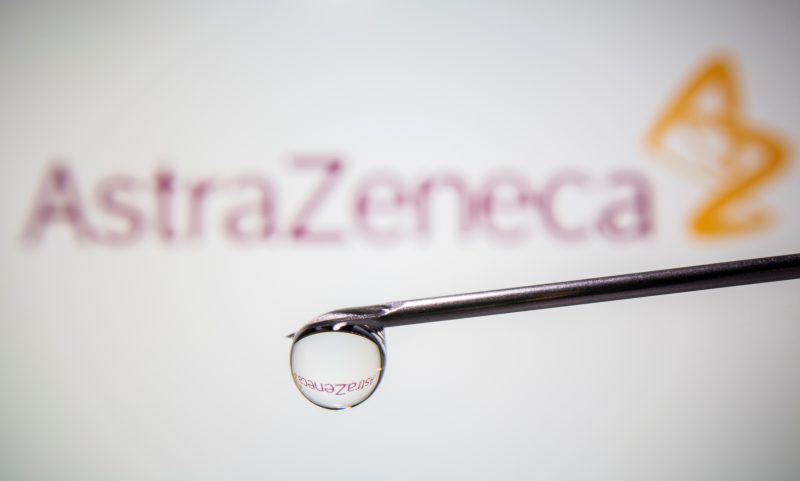(ATF) A third developer of a vaccine for Covid-19 has said its candidate drug has a high level of efficacy, further raising hopes of an end to a pandemic that’s spreading faster around the world as winter deepens.
The announcement from the UK’s AstraZeneca comes as a US official said jabs of American pharmaceutical giant Pfizer’s vaccine could begin early next month.
AstraZeneca said on Monday its vaccine, developed by Oxford University, was 90% effective in preventing Covid-19 when it was administered as a half dose followed by a full dose at least one month apart, according to data from the late-stage trials in Britain and Brazil.
Then company said the vaccine would be submitted “immediately” for regulatory consideration, the Financial Times reported.
No serious safety events related to the vaccine have been confirmed and it was well tolerated across both dosing regimens, it said.
“This vaccine’s efficacy and safety confirm that it will be highly effective against COVID-19 and will have an immediate impact on this public health emergency,” Pascal Soriot, Astra’s chief executive, said in a statement.
200m doses
AstraZeneca will have 200 million doses by the end of 2020, with 700 million doses ready globally by the end of the first quarter of 2021, operations executive Pam Cheng said on Monday.
The beginning of vaccinations could be a crucial shift in the battle against a virus that has claimed more than 1.4 million lives worldwide, including 255,000 just in the US, since emerging from China late last year.
Moncef Slaoui, head of the US government virus vaccine effort, told CNN that shot could begin within days. “Our plan is to be able to ship vaccines to the immunization sites within 24 hours of approval” by the US Food and Drug Administration, he said pointing to possible dates of December 11-12.
The treatments of Pfizer and German partner BioNTech and that of US firm Moderna have been shown to be 95% effective in trials.
Pfizer applied to US health regulators on Friday for emergency use authorisation (EUA) of its vaccine, the first such application in a major step toward providing protection against the new coronavirus.
Three vaccines
The UK vaccine’s effectiveness depended on the dosing, and fell to just 62% when given as two full doses rather than a half-dose first. But scientists cautioned against seeing this as evidence that it would be less useful than rival vaccines from Pfizer and Moderna, which each prevented about 95% of cases according to interim data from their late-stage trials.
“I think it is a real fool’s errand to start trying to pick these three apart on the basis of snippets of phase 3 data from press releases,” said Danny Altman, professor of immunology at Imperial College London. “For the bigger picture, my suspicion is that by the time we are a year down the line, we’ll be using all three vaccines with about 90% protection – and we’ll be a lot happier.”
Read More Vaccine News on ATF
- Markets at record highs with eyes on vaccine, economic support
- G20 leaders vow to help poor nations get Covid vaccines
Scientists also noted there may be advantages to AstraZeneca’s vaccine.
“Importantly, from what we have heard the vaccine seems to prevent infection not just disease. This is important as the vaccine could reduce the spread of the virus as well as protect the vulnerable from severe disease,” said Peter Horby, a professor of emerging infectious diseases and global health at the University of Oxford,
AstraZeneca’s vaccine can also be distributed more easily because it can be kept at refrigerator temperature, unlike the drugs from Pfizer and Moderna which have to be stored frozen. That would make the AstraZeneca shot easier to transport and store globally, particularly in lower and middle-income countries.
- Additional reporting by Reuters and AFP
























